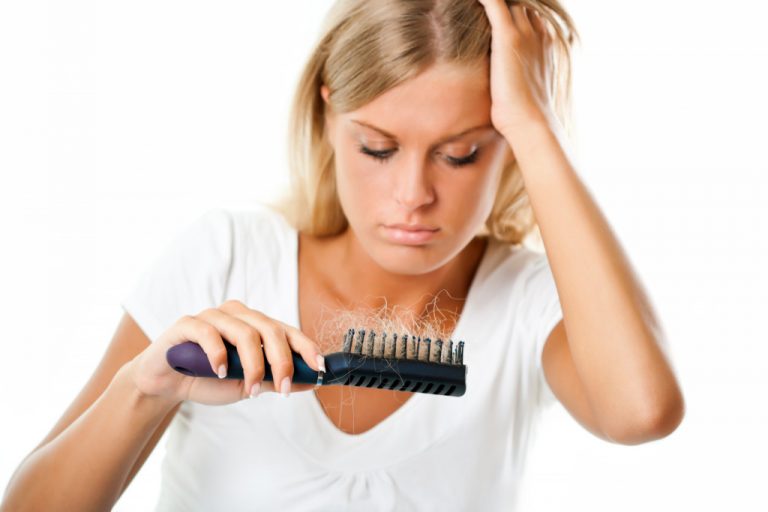It is hard to understand what causes trichotillomania in the first place. This hair-pulling disorder is classified under obsessive-compulsive and related disorders. People with trichotillomania have the urge to pull their hair out from their scalp, eyebrows, eyelids, pubic area, and other parts of their bodies. It’s an urge similar to addiction. People with trichotillomania know that they are not supposed to pull their hair out, but they can’t help it at all.
Trichotillomania can lead to baldness, especially if the person is doing it in bunches. There are varying degrees of hair pulling, with some having patches of hair loss. Normally, it doesn’t affect the person’s life, but excessive hair pulling can become social and functional problems.
Is there a way to treat this? Usually, the treatment involves therapies such as habit reversal training, cognitive therapy, and acceptance and commitment therapy. A licensed psychiatrist or psychologist will help you deal with this problem. Other therapies used on depression, anxiety, and substance abuse can also be part of the treatment process. But if you think there’s a way for you to address trichotillomania without needing professional help, then why not try these things?
Prevent Hair Loss
The first thing you must consider is what this disorder is doing to your physical appearance. Because if it’s affecting your appearance too much, then that’s another problem that you must deal with mentally. If you can already stop the problem from affecting your appearance, then do so. If you already have bald patches on your head, better switch to better hair products. Eliminate what other reasons can cause hair loss, such as dandruff. Start using an anti-dandruff organic shampoo so that this problem won’t exacerbate the hair loss.
Manage Your Stress
Many believe that trichotillomania is also born of stress. When did it start? When is it at its worst? College students usually start developing it when they start their internships, write their research papers and thesis, and deal with their grades before graduation. Stress is a large factor in people’s many bad habits, so learning how to manage it will go a long way toward addressing certain issues.
Of course, it is not easy to manage one’s stress, but some activities can help. When you have the urge to pull your hair, grab a squeeze ball or a fidget toy. Literally, stop your hands and fingers from pulling your hair.
Wear a Bandana or Hat
Start wearing a bandana, hat, or cap. Whenever you want to pull your hair, something will be blocking your hands. While it’s easy to take them off, the fact that it’s on your head will remind you to stop this habit. Make sure the beanie or hat is tight-fitting, so you can’t easily pull a strand from your loose hair.

Repeat a Statement
How about finding a statement that will stop this urge to pull your hair? It can be something as simple as “I want to deal with this on my own” or “It doesn’t feel good as much as I think it will.” Continue repeating these statements until the urge passes away. Come up with a new saying if the statement does not work anymore.
Make Yourself Busy
When do you notice you start pulling your hair? Isn’t it when you aren’t doing anything? When you are lost in your thoughts, that’s when you pull your hair. You don’t even notice it until your scalp starts to hurt. Make your hands busy, so even if you feel the urge to pull your hair, you won’t be able to do it because your hands are busy. What are these activities? Cooking (you have to wear gloves and a hair net), pottery (your hands will have clay), and painting (colors will stain your hands) are the most common activities to make your hands busy.
Practice Deep Breathing
Since trichotillomania might be stress-related, you can practice meditating and deep breathing. The activity will relax your mind and calm your anxiety. It can take your mind off the urge to pull your hair. Do this wherever you are—in the office, while in commute, and especially in your house. Just move out of people’s way and practice deep breathing until the urge goes away.
There is nothing wrong with wanting to address these problems yourself. It is a sign of bravery to face these on your own. However, don’t be afraid to seek help when you can no longer do it on your own. If addressing these problems by yourself is a sign of bravery, so is asking for professional help. The latter is even harder to do since it involves opening up to other people.

